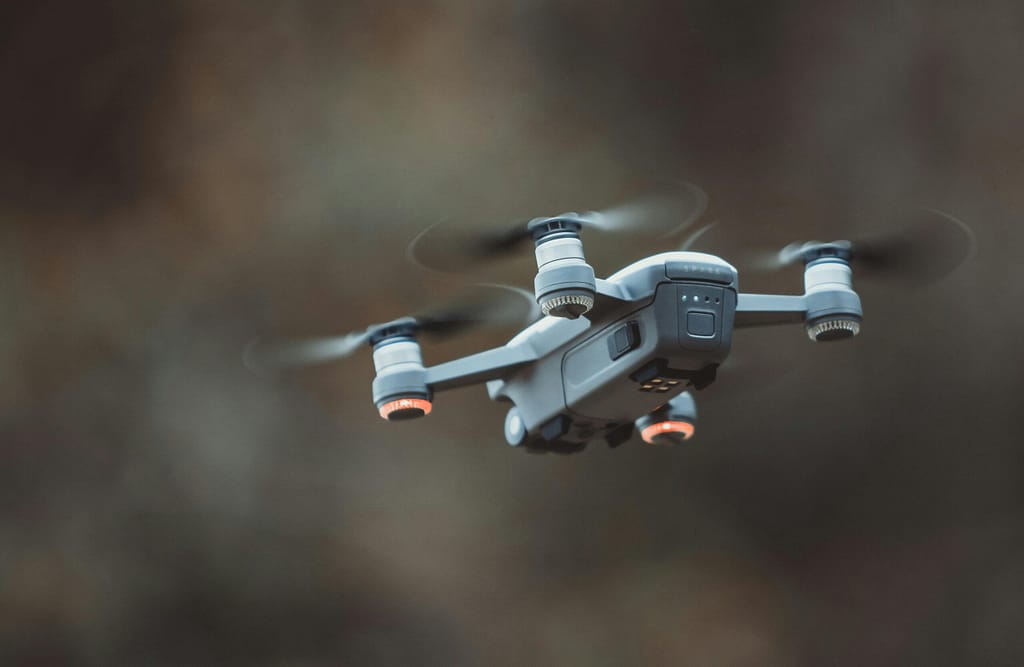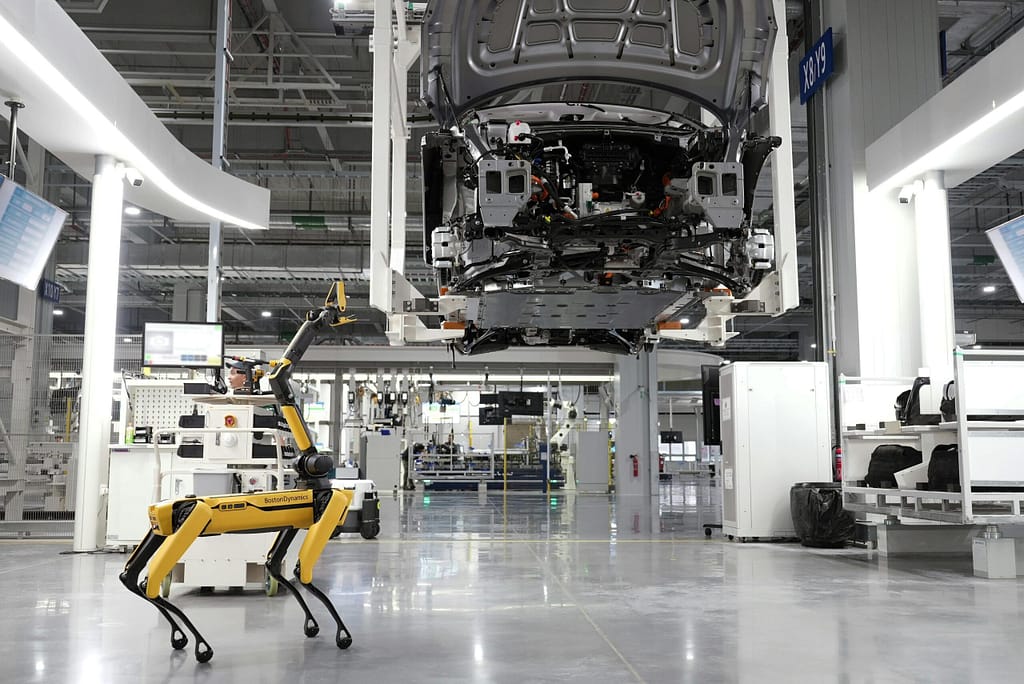By iWise
Drones have already revolutionized industries such as photography, logistics, and security, but their future potential extends far beyond these applications. As artificial intelligence, automation, and advanced sensors continue to evolve, drones will become even more integral to everyday life, transforming industries and creating new opportunities for businesses and society.
From autonomous deliveries to urban air mobility and disaster response, drones will play a critical role in shaping the future of transportation, surveillance, and logistics. In this article, we explore how drones will evolve in the coming years and the impact they will have on various industries.
1. Autonomous Drone Deliveries: The Next Big Leap in Logistics
The concept of drone deliveries has been in development for years, with companies like Amazon, UPS, and Google’s Wing testing autonomous aerial delivery systems. In the future, drones will significantly reduce delivery times, lower costs, and improve accessibility for goods and services.
Key advancements that will make drone deliveries mainstream include:
- AI-powered navigation to avoid obstacles and optimize flight paths in real-time.
- Advanced battery technology for longer flight durations and heavier payloads.
- Regulatory frameworks that allow safe integration of drones into urban airspace.
Retail, healthcare, and food industries will benefit greatly from drone deliveries. In emergency situations, medical drones will be able to transport blood, vaccines, and medicines to remote or disaster-stricken areas in record time. As technology and regulations advance, drone deliveries will become a standard mode of transportation for goods worldwide.
2. Drones in Smart Cities and Urban Air Mobility
The future of drones goes beyond delivery services—urban air mobility (UAM) will redefine transportation in crowded cities. Drone taxis and autonomous flying vehicles are already being developed by companies like Joby Aviation, Volocopter, and EHang, aiming to provide a sustainable and efficient alternative to traditional transportation.
Cities will integrate drones for:
- Traffic monitoring and management to optimize traffic flow and reduce congestion.
- Airborne ride-sharing services to transport passengers quickly across urban areas.
- Infrastructure inspection for bridges, power lines, and buildings to improve safety and maintenance.
As air traffic control systems evolve to accommodate drones, we will see a significant reduction in road congestion and a shift toward smarter, more efficient city planning.
3. Drones in Security, Surveillance, and Emergency Response
Drones are already being used for surveillance, but in the future, they will become more advanced with AI-powered threat detection and automated emergency response capabilities. Law enforcement and security agencies will leverage drones for:
- Real-time monitoring of public events and high-risk areas.
- Disaster response by assessing damage and delivering aid after earthquakes, floods, or wildfires.
- Search and rescue missions in remote or hazardous locations where human access is difficult.
With thermal imaging and AI-powered facial recognition, drones will play a crucial role in preventing crime, improving response times, and enhancing overall public safety.
4. Drones in Agriculture and Environmental Conservation
Agriculture is another sector that will see significant advancements through drone technology. Farmers will increasingly use drones equipped with multispectral cameras and AI analytics to:
- Monitor crop health and detect diseases early.
- Optimize irrigation and fertilization for better resource efficiency.
- Automate planting and spraying to increase agricultural productivity.
Similarly, environmental agencies will use drones for wildlife tracking, forest monitoring, and climate change studies. Drones will help combat deforestation, track endangered species, and prevent illegal poaching activities, making conservation efforts more effective.
Conclusion
The future of drones is limitless. As technology advances, drones will become smarter, more autonomous, and deeply integrated into our daily lives. From revolutionizing logistics and transportation to improving security, disaster response, and environmental conservation, drones will reshape industries and create new possibilities for innovation.
At iWise, we believe that drones will be a key driver of technological progress in the coming years. Businesses and governments that invest in drone technology today will be the ones shaping the future of automation, efficiency, and connectivity. The sky is no longer the limit—it is just the beginning.











